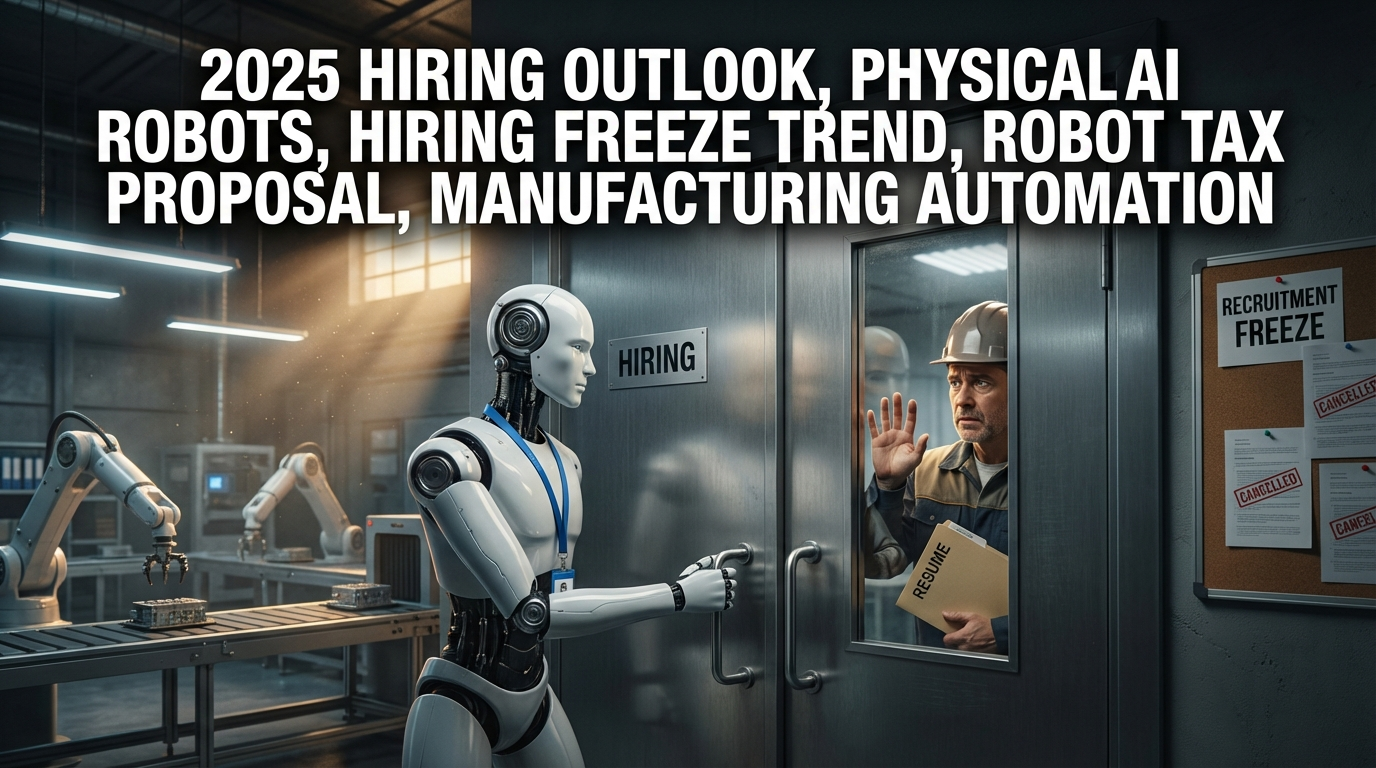Analysis of Future Political Situation at the Intersection of Climate Crisis, Anthropocene, and Economic Outlook
1. Extreme Weather Events and Unstable Climate Patterns
As climate change intensifies, unpredictable weather anomalies such as heavy snow advisories in spring or early summer weather are becoming more frequent.
These changes are not just about rising temperatures, but also have cascading effects on ecosystems and the economy worldwide.
Extreme temperature fluctuations in a short period of time raise concerns about economic impacts such as crop production, energy supply and demand, and infrastructure damage.
2. Post-Industrial Temperature Rise and the Risk of Tipping Points
Temperatures have risen by 1.1 to 1.2 degrees Celsius compared to pre-industrial levels, and if the tipping point of 1.5 degrees, warned by scholars, is exceeded,
Major tipping elements such as the Greenland ice sheet, Antarctic ice sheet, equatorial coral reefs, and North Eurasian permafrost are likely to collapse.
Exceeding the tipping point increases the risk of nonlinear changes and domino effects that threaten other stable elements.
3. Transition to the Anthropocene Era and Discussions on Sustainability
Discussions are underway on the need to redefine the impact of current human activities on the Earth’s ecosystem through the concept of the ‘Anthropocene’.
It is necessary to recognize the transition of the era after the Holocene, especially the reality that human-centered development and environmental destruction are proceeding simultaneously.
It is essential to shift values not only to pursue economic growth, but also to coexistence, distribution, and sustainable development.
4. Economic Repercussions of Ecosystem Destruction and Food Crisis
The rapid decline of pollinator insects such as bees and the destruction of marine coral reefs and seaweed forests can directly lead to a food crisis.
Decreased productivity due to crop pollination shortages will have a direct economic impact on agricultural production and related industries.
Along with this, environmental pollution and ecosystem disruption can exacerbate economic imbalances and social instability between regions.
5. Technological Development, AI and Nuclear Power: The Future Economy as a Double-Edged Sword
New technologies such as artificial intelligence and the semiconductor industry can be engines of economic growth and innovation.
However, AI data centers and increased energy demand may cause side effects such as carbon emissions and expansion of nuclear power generation.
Therefore, while seeking solutions through technological development, environmental policies and sustainable energy transition must be pursued in parallel.
6. Economic Outlook and Future Response Strategies
The climate crisis and the transition to the Anthropocene will lead not only to short-term economic shocks, but also to long-term changes in the growth structure.
A multifaceted approach is needed, including carbon emission reduction, environmental policies, sustainability, technological innovation, and climate crisis response.
Policymakers and the business community must move away from existing growth models and build new values and systems for the long-term survival and prosperity of humanity.
Unstable weather anomalies caused by climate change are having a major impact on the economy as a whole, including agriculture, energy and infrastructure.
As the risk of collapse of major ecosystems increases when the 1.5 degree tipping point is exceeded after the Industrial Revolution, discussions on the transition to the Anthropocene have slowed down.
The decline in bees and the destruction of marine ecosystems can lead to a food crisis, and the development of new technologies such as AI and nuclear power are factors that will reorganize the economic structure along with the climate crisis.
It is urgent to prepare response strategies focusing on key words such as carbon emissions, environmental policies, sustainability, climate crisis, and economic outlook.
[Related Articles…]
*YouTube Source: [와이스트릿 – 지식과 자산의 복리효과]
– “비상사태입니다” 얼마 남지 않았습니다. 이 선은 넘지 말아야 합니다 / 박정재 교수 / 인간의 시대에 오신 것을 애도합니다 / 성공예감 별책부록 [풀버전]


